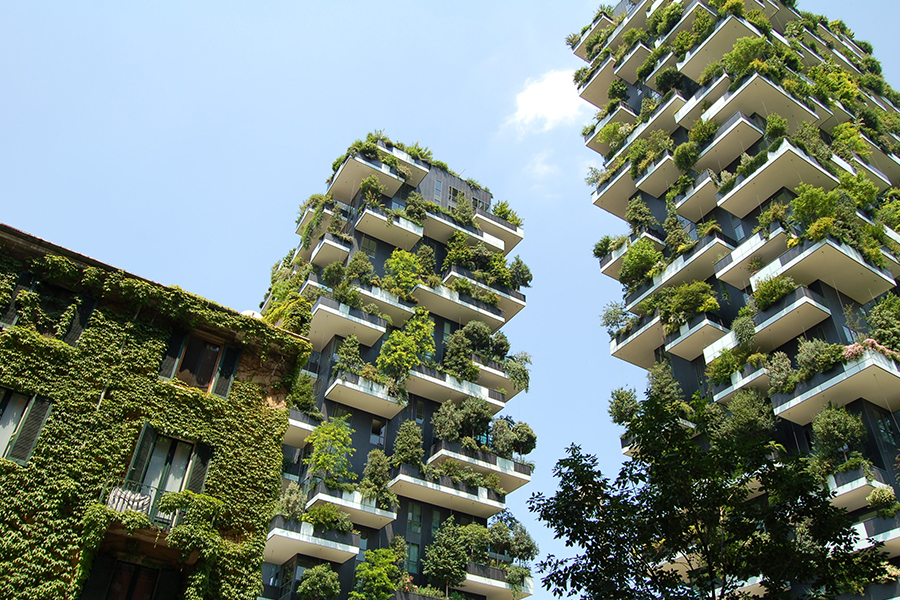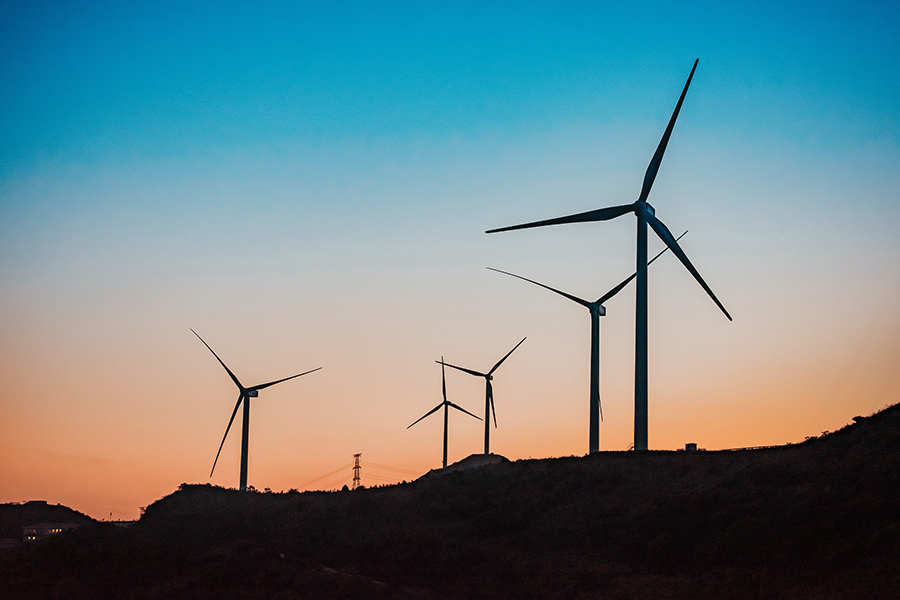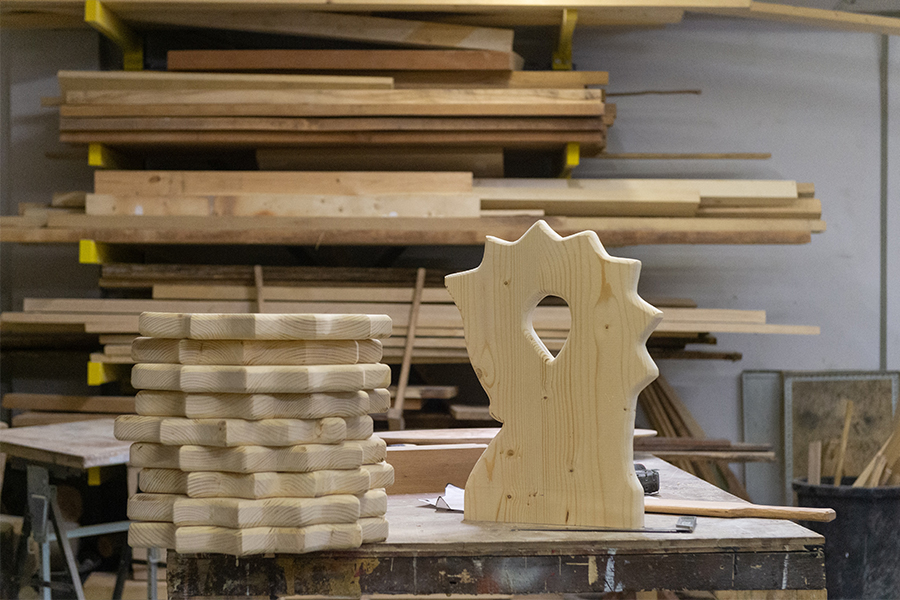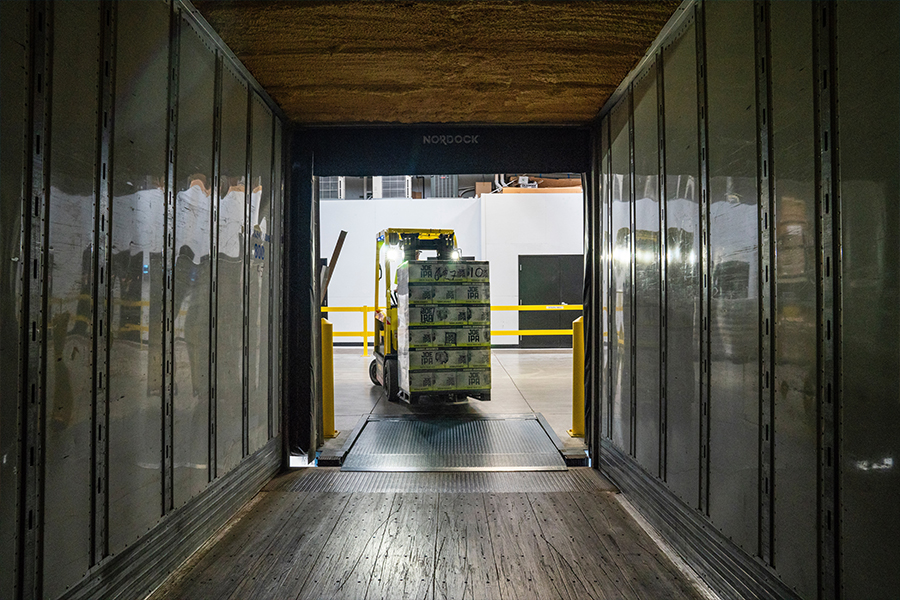Sustainability
At Okoru we care deeply about our impact on the planet and are very aware that the industry we work in presents some significant challenges on environmental sustainability.
Within this context, our position is to work with our clients to actively minimise our carbon footprint, waste output and consumption of resources.
Sometimes working in a more environmentally-friendly way means additional costs here and there, or spending a bit more time in production. We always invite this conversation and love to work with clients who share these views, but also understand that sustainability is not the main focus for some people and will never use it as an excuse for not delivering on our promises.
Our approach to sustainability is multi-faceted, from tracking our carbon and researching the latest renewable energy technologies on the market to up-cycling to re-purposing materials destined for landfill. We offer sustainability assessments as part of our process and relish the challenge of finding novel ways to design out waste without having a negative impact on creativity or quality.
By encouraging a culture of environmental accountability and social responsibility we believe that we can begin to change industry culture towards a socially and environmentally conscious business model in events. In this constantly changing landscape, we strive to keep learning, reviewing and adapting our work. Please keep an eye on our blog for news and info.
Energy
According to Powerful Thinking, powering an event can account for up to 70% of its carbon footprint. With this in mind we work with our clients to implement greener energy solutions by combining:
- Use of sustainable power generation where possible (e.g. solar, wind, hybrid).
- Replacement of fossil-based fuels with greener alternatives (e.g. biodiesel, waste cooking oil).
- Accurate power audits and power systems design to meet, but not greatly exceed demand.
- Introducing energy-saving measures, efficiencies and policies during the technical specification phase.
- Consultations with suppliers offering cutting-edge technology.
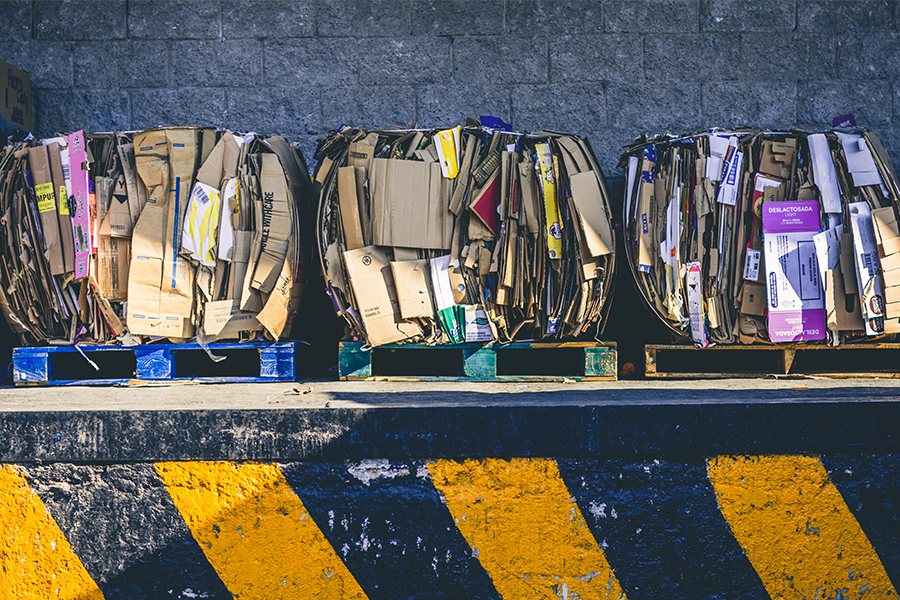
Managing waste
Waste is a persistent and visible issue for events, both on-site and during pre-production. It can creep in from a wide range of sources and accumulate rapidly if left unchecked.
Common sources of waste at events are:
- Food waste and disposable packaging
- Sanitary waste
- Litter
- Transport packaging
- Hazardous waste (adhesives, surface treatments, paints etc.)
- Timber and other materials from redundant builds
- Single-use items, such as a bespoke set for an experiential project
When a project calls for the use of resources, we plan, track and reduce where possible with preference always given to re-use of existing assets and up-cycling over-consumption of virgin materials.
We give consideration to the full lifecycle of all elements of a project and make a plan for the end, at the beginning. With this approach, we strive to reduce the quantity of materials and energy we consume, increase re-use rates and decrease contributions to landfill sites.
Resource Consumption
Whilst waste is clearly something we want to avoid, we also feel the need to address the underlying resources used in the production of our work. Often, a simple decision, such as to choose an FSC plywood over a sheet of Chinese MDF could have a significant environmental impact. We educate ourselves using available sources, from government-supplied figures to industry resources such as a Greener Festival, Julie's Bicycle and Powerful Thinking, as well as using common sense.
As is usually the case, however, there are certain finishes or types of production techniques which do not currently have an 'eco' option. We strongly advise our clients against such action and are actively working internally to align on how we can avoid using materials and finishes which are a heavy burden on the environment.
Logistics
Getting equipment and crew from point A to point B, reliably and on time is a huge part of our business as a production company. We often rely on light and heavy goods vehicles that run on fossil fuels (usually diesel) and until alternative technologies mature to the point that there is a viable alternative, our approach here is to mitigate the consumption of fossil fuels using the following methods:
- Using haulage suppliers with Euro 6 rated vehicles (a requirement since September 2015 when driving in London’s Low Emission Zones)
- Undertaking a detailed assessment of loads to minimise vehicle requirements
- Giving preference to local suppliers when hiring equipment
- Budgeting for carbon offsetting schemes
- Keeping a travel log for our productions
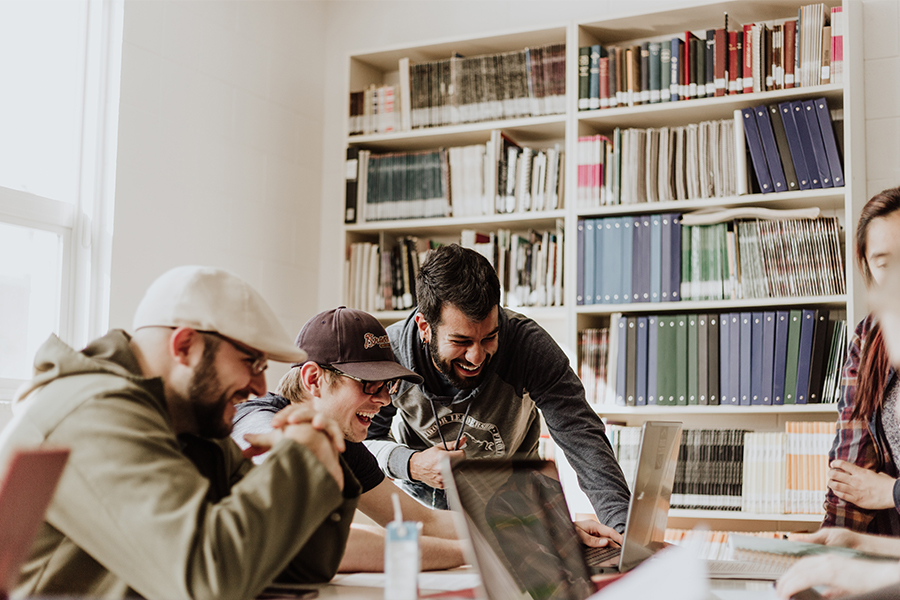
Wellbeing
Producing great events and experiences is hard-work and calls for a tight-knit group of dedicated and passionate superstars to be successful. We see this as our most valuable resource at Okoru and over the years have built up a very special collection of people that we are proud to call ‘the team’.
We have an overwhelming sense of duty to support and enrich our colleagues in their work and wider lives because we know that this is simply better for everyone - including our clients and the local community.
This philosophy is woven into all aspects of our operations, but there are two specific areas we’re particularly proud of:
- Physical activity
- We support our staff in becoming more active by removing barriers and enable staff to be active in and around work.
- We provide flexible working hours to allow for physical activity before, during and after work.
- Mental wellbeing
- We develop a supportive culture, tackle factors that may negatively affect mental wellbeing, and develop internal managerial skills to improve mental health at work across the board.
- We give non-judgemental and proactive support to staff who experience mental health problems.
- Provide opportunities for employees to look after their mental wellbeing through physical activity, stress-buster activities and social events.
If you'd like to know more we'd love to tell you all about our policies and the culture we adopt here at Okoru. Or maybe you'd like to find out more about some of our other services?

